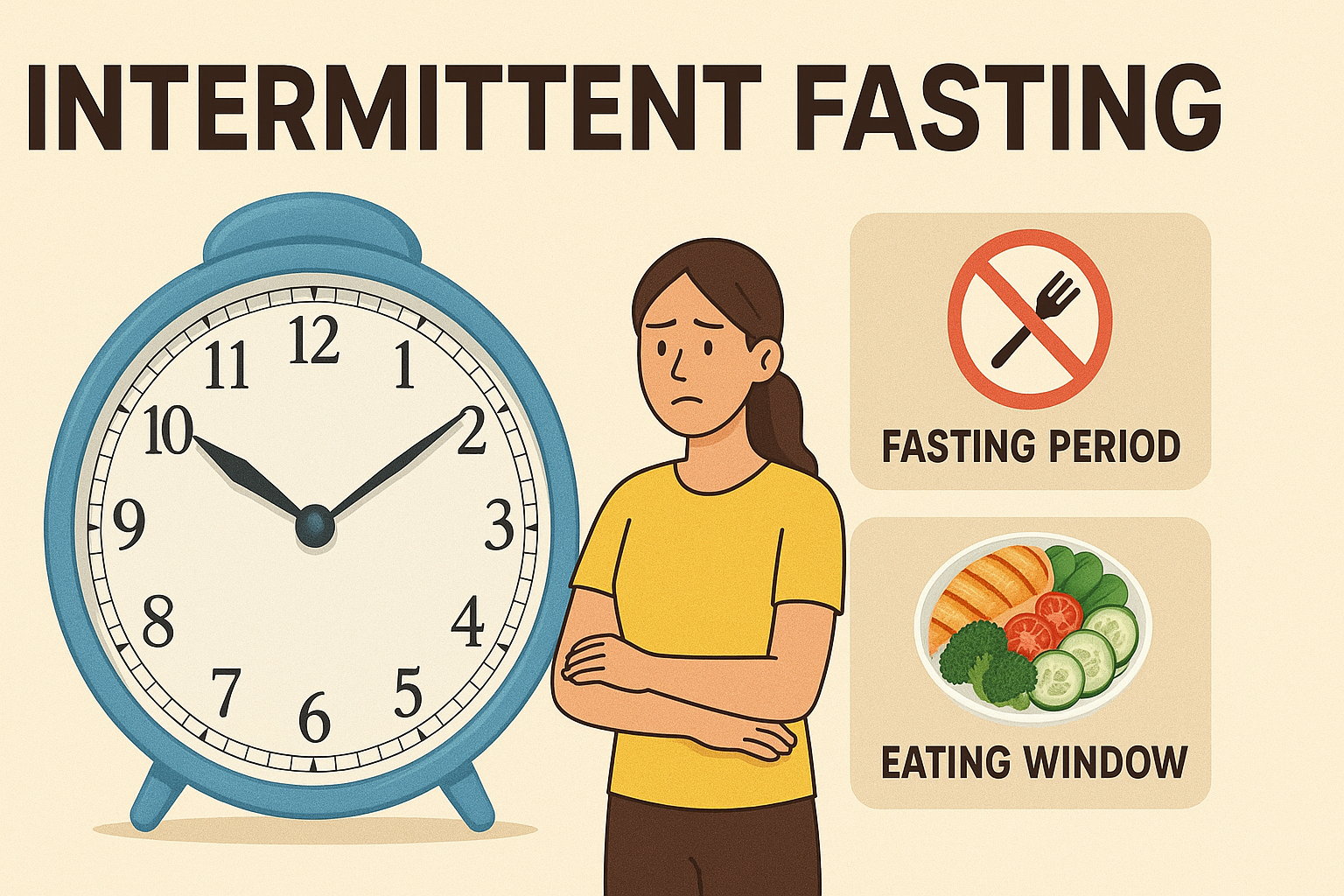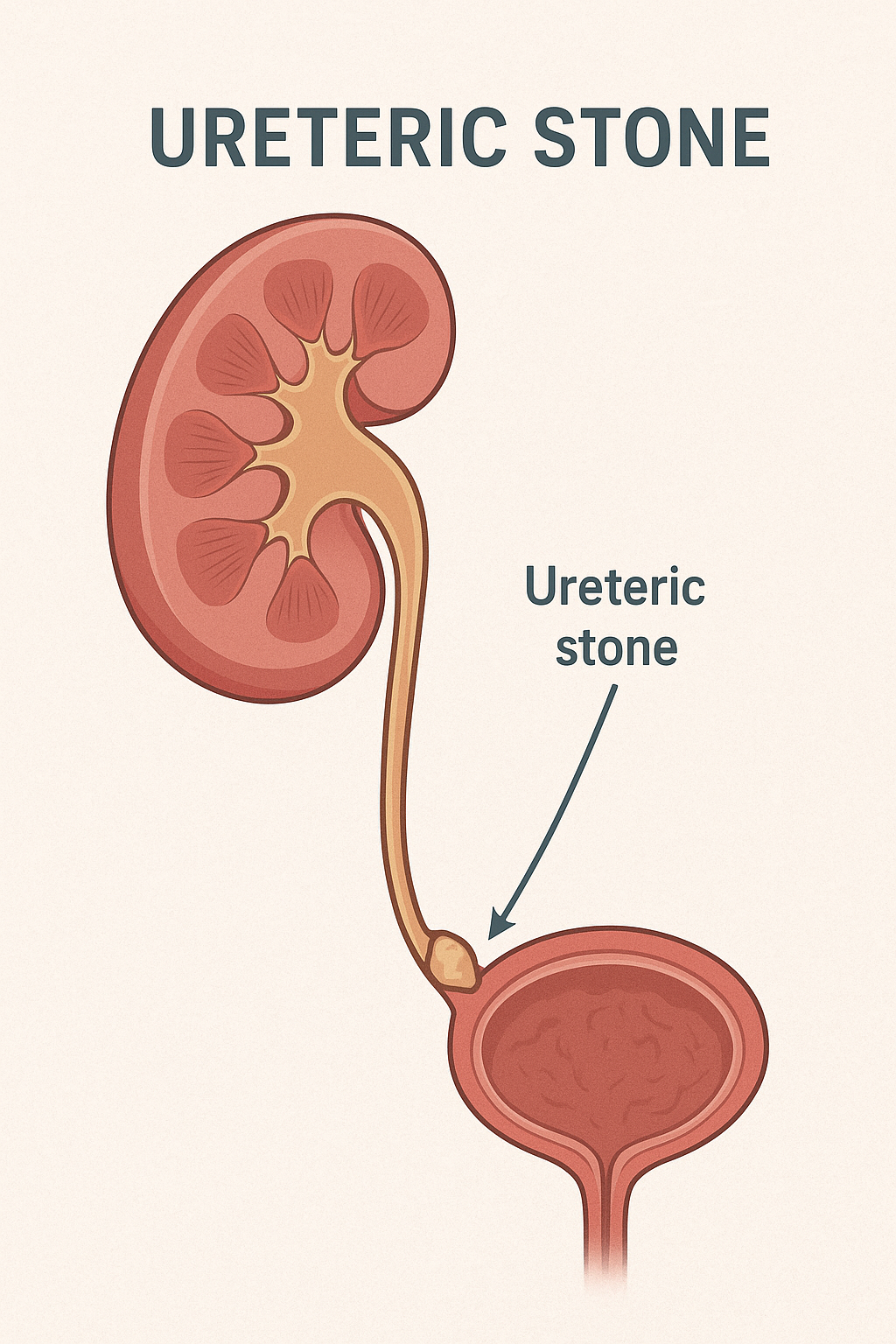In the quest for effective weight loss strategies, intermittent fasting (IF) has gained significant attention—and for good reason. Backed by scientific studies and widely practiced across the globe, intermittent fasting is more than just a trend. It’s a lifestyle approach that aligns with your body’s natural rhythms and can lead to sustainable weight reduction.
In this article, we’ll explore how intermittent fasting works, the mechanisms behind its success, and the best intermittent fasting methods for weight loss.
What is Intermittent Fasting?
Intermittent fasting is not a diet in the traditional sense. Rather than focusing on what to eat, IF focuses on when to eat. It involves alternating periods of eating and fasting, helping your body switch from burning glucose to burning fat for energy.
Common types of intermittent fasting include:
- 16/8 method: Fast for 16 hours, eat within an 8-hour window
- 5:2 method: Eat normally for 5 days, restrict calories for 2 non-consecutive days
- Eat-Stop-Eat: 24-hour fasts once or twice a week
How Intermittent Fasting Promotes Weight Loss
1. Reduces Caloric Intake Naturally
When you shorten your eating window, you often end up consuming fewer calories without even trying. This caloric deficit is a key driver of weight loss.
2. Boosts Fat Burning
Fasting encourages your body to switch from using glucose to burning stored fat for energy. This metabolic switch helps reduce body fat percentage over time.
3. Improves Insulin Sensitivity
Intermittent fasting can lower insulin levels, which facilitates fat burning. Improved insulin sensitivity also helps prevent metabolic diseases like type 2 diabetes.
4. Supports Hormonal Balance
During fasting, your body increases production of human growth hormone (HGH) and norepinephrine, both of which aid in fat breakdown and muscle preservation.
Benefits Beyond Weight Loss
While weight reduction is a major benefit, intermittent fasting also contributes to:
- Improved mental clarity and focus
- Better digestion
- Reduced inflammation
- Improved cholesterol and blood pressure levels
Tips for Starting Intermittent Fasting Safely
- Choose a method that fits your lifestyle
- Stay hydrated—water, black coffee, and herbal teas are great during fasts
- Break your fast with nutrient-rich foods
- Listen to your body—if you feel dizzy or weak, adjust your approach
- Consult a healthcare professional, especially if you have preexisting health conditions
Final Thoughts
Intermittent fasting is a flexible, science-backed approach to healthy weight reduction. When practiced mindfully, it can help you not only shed extra pounds but also improve your overall well-being. As always, it’s best to personalize any fasting regimen to suit your lifestyle and health needs.





Nice
thanks